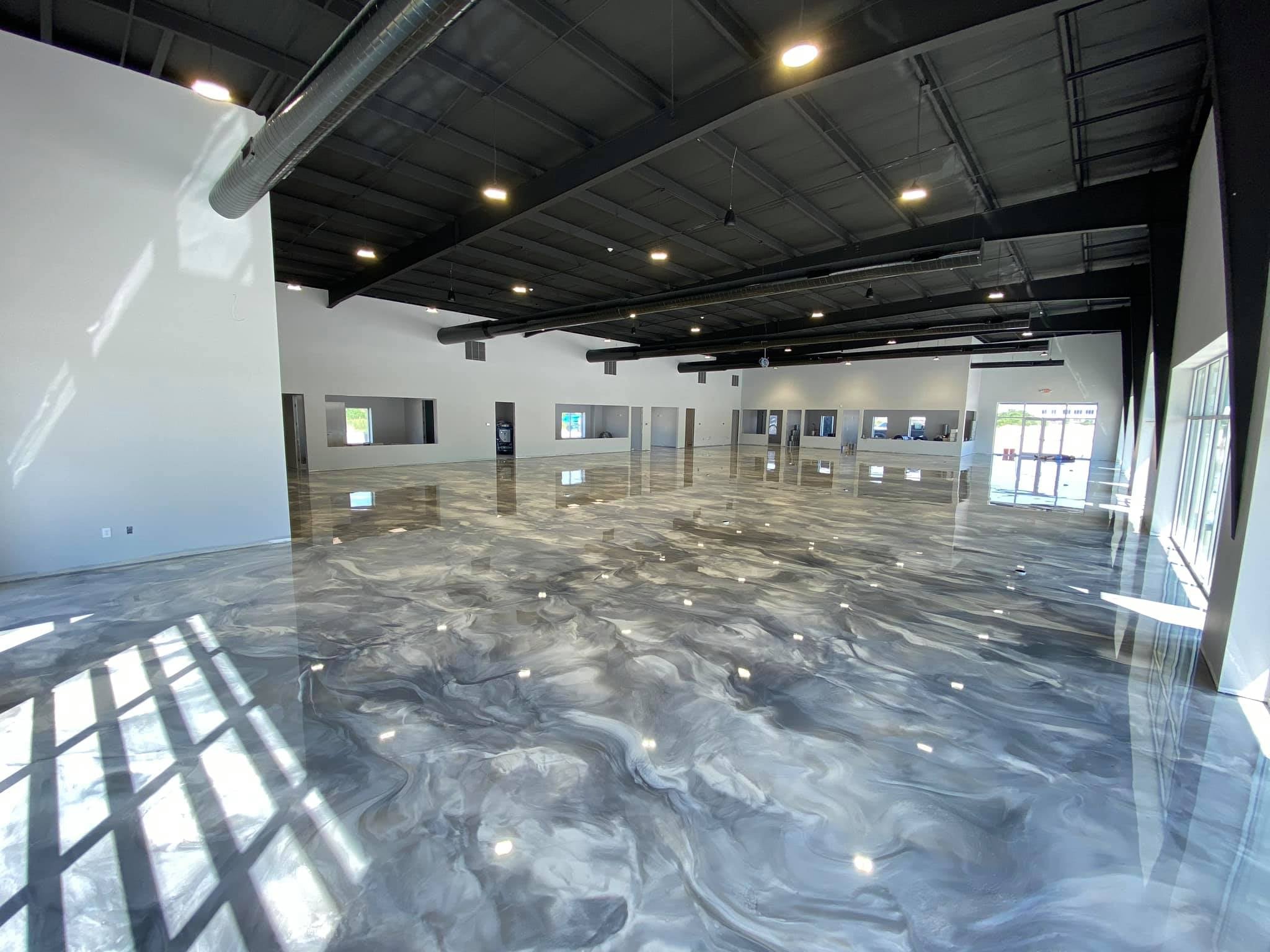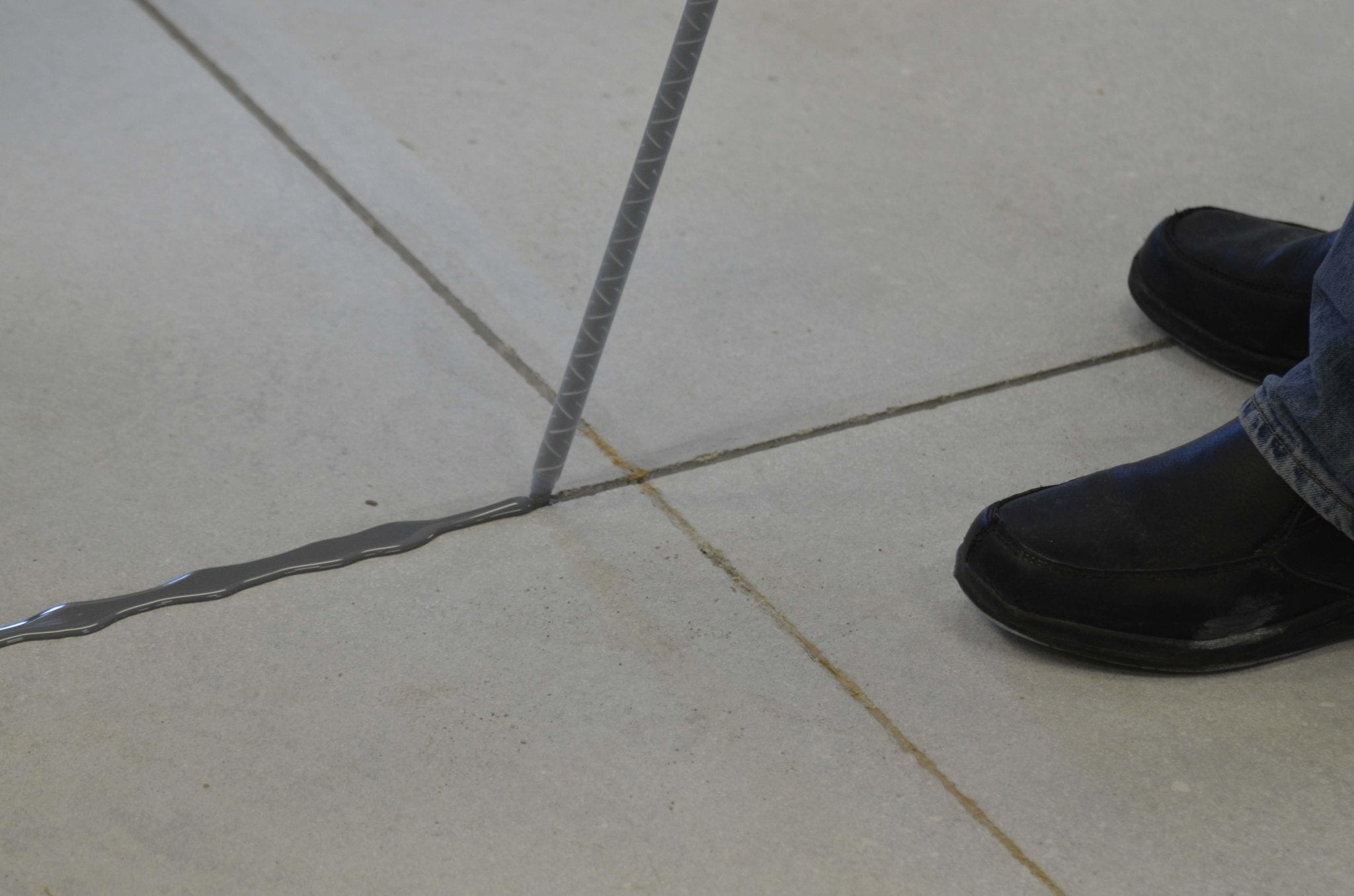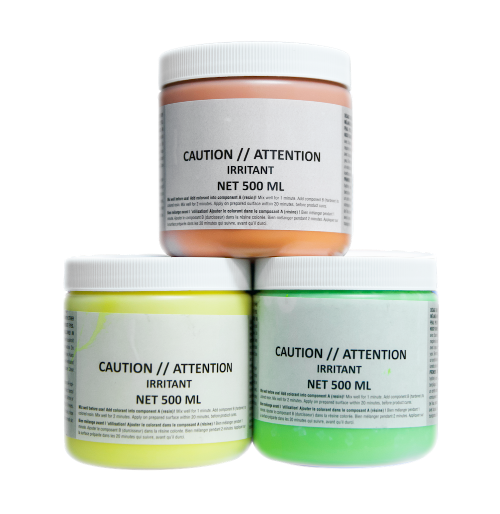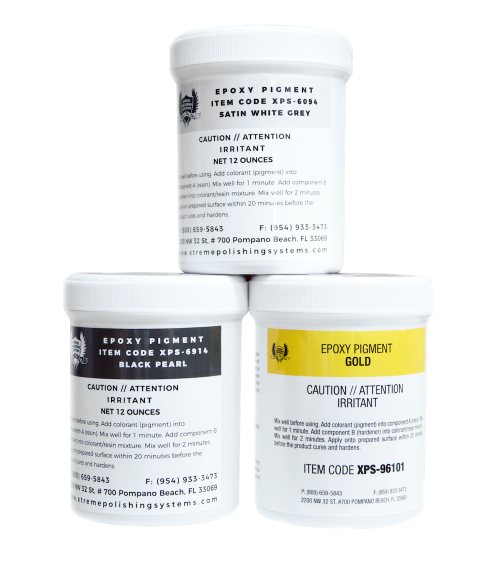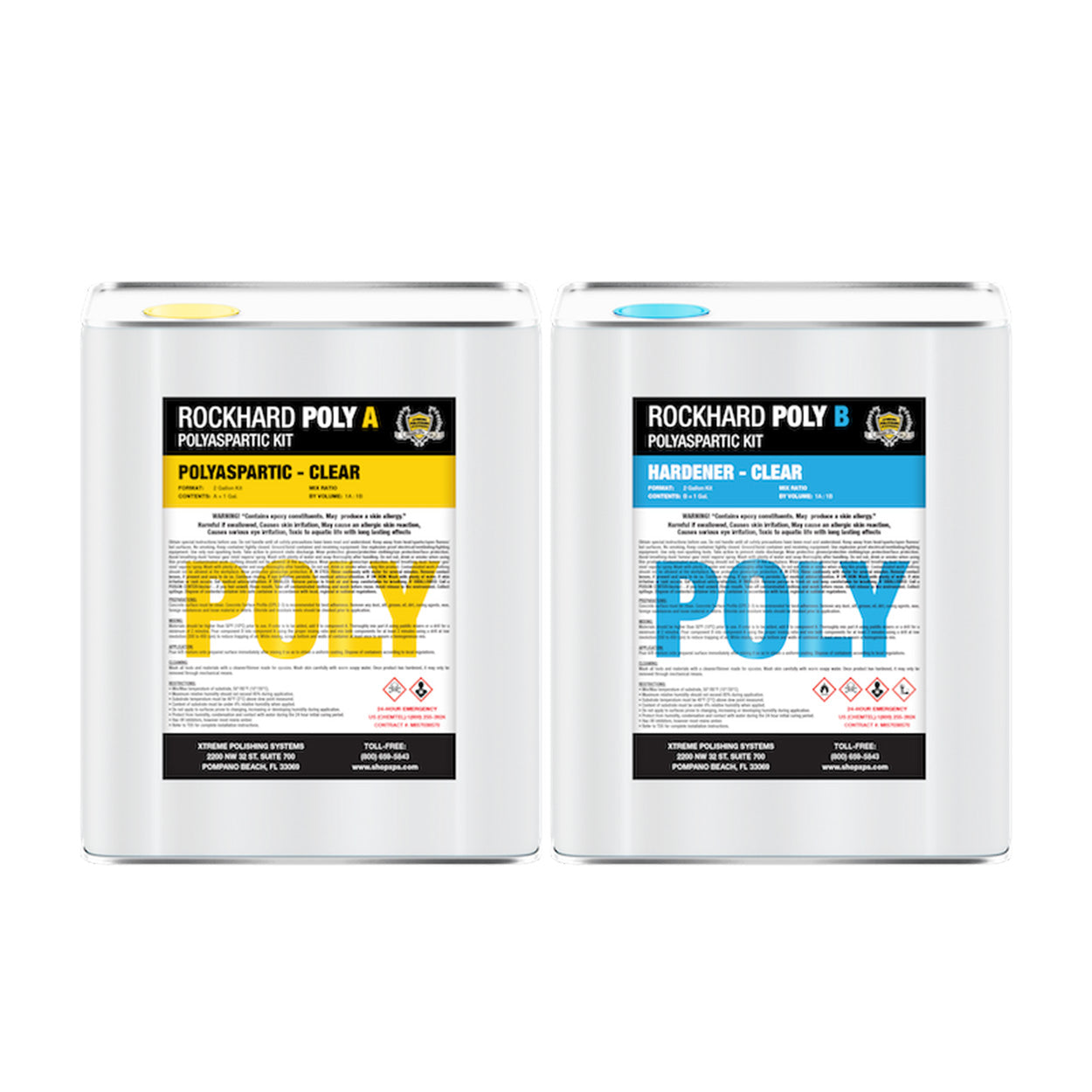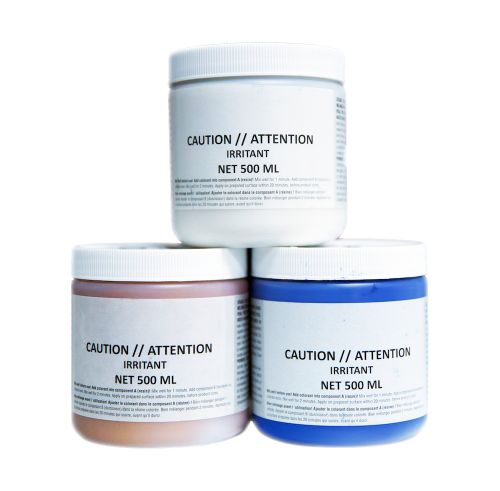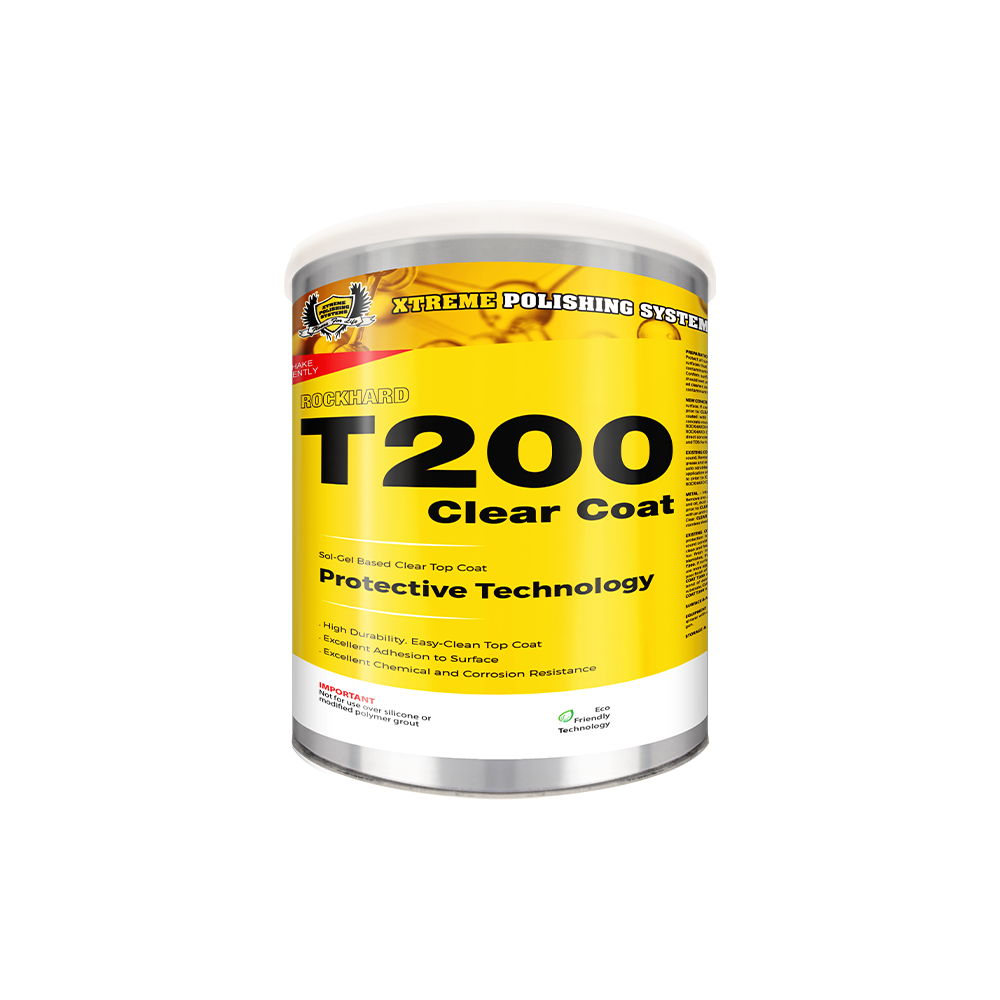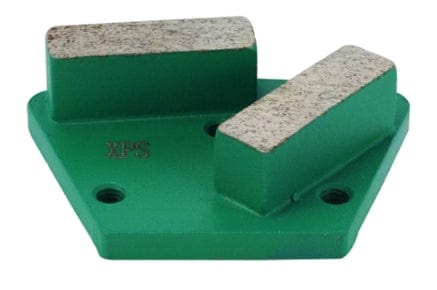House shoppers have long recognized the granite countertop's hidden meaning. It is not just a piece of stone; it is a sign of luxury and power.
Is that true, though? Certainly, it is pricey, gorgeous, unique, and even difficult to break. But suppose you want to argue granite is the best countertop material. In that case, you have to compare it to a material that has been gaining traction over the last couple of decades that is both edgy and luxurious: concrete.
Granite, like concrete, has a considerably longer history as a building and dimension stone material. This option does not, however, imply that it is a better option. While concrete is not the only material for kitchen countertops, it has a lot of benefits that other materials lack, especially in terms of versatility.
In this article, you will see a comprehensive comparison between granite and concrete countertops.
Price
When it comes to large renovation projects, people have a budget in mind. While some people are fortunate enough to have a flexible one, most people must maintain a close check on theirs. Therefore, when comparing concrete and granite worktops, price is a smart place to start.
The most economical granite types are more widely available, though the source can also influence the price. If your budget is tight and you have the necessary DIY abilities, you can significantly reduce the cost of a granite countertop installation. In that case, you can buy granite tiles that are almost just as attractive and durable as the more expensive varieties for $5 to $15 per square foot and install them yourself. It may not have the same luster as granite slabs, but it has its attractiveness.
In general, concrete countertops are more expensive than granite countertops. The most basic concrete countertops start at $65 per square foot, and that does not include installation fees, which range from $30 to $90 per hour.
Concrete countertops are more expensive than granite countertops because they get produced by expert artisans and can customize any size, shape, or color. However, when considering the durability and lifespan of concrete, it is a wise investment.
Aesthetics
Granite is quarried from the earth and carved into slabs for use as countertops. It is mostly quartz and feldspar, with a few additional minerals thrown in. Each item is unique because it is a natural stone. As a result, there will be some color and pattern variations in your countertops.
Granite countertops are popular because of their natural stone appearance. However, you are limited to the natural stone's color and pattern selections. Moreover, granite is often dark, limiting your décor options as long as you have these worktops.
On the other hand, concrete is made of cement and aggregate and polished to a smooth finish. This method allows you to manufacture a countertop in any shape or color. Instead of cutting holes for sinks and other built-ins, the form or mold gets made to fit them.
Concrete can be dyed either while mixed or after it has gotten cured, allowing for an inexhaustible palette of color and design, offering you the most decorating options possible.
Installation
Professionals should install granite and concrete countertops since the materials are heavy and require specialized equipment to fabricate and install properly.
First, granite countertop slabs will be shaped and finished to fit your cabinets and cut-outs for sinks and other built-ins once you have chosen them. They are then delivered and get fit in your home. The entire process, from picking the slabs to installing them, might take up to two weeks.
Contrarily, concrete countertops can get cast in place in your kitchen, but they are more commonly cast separately and placed afterward. All cut-outs and built-ins get included in the mold for your counters. The concrete is poured into the mold, smoothed out with a trowel, and cured for a month. The last step is to polish the concrete to a high sheen.
Hardness
Concrete is incredibly sturdy, tough, and heat resistant, which is why it is such popular building material. It can withstand a lot of stress, and while it will show signs of wear, most people will not mind it when it comes to driveways. Marks, cracks, and chips, on the other hand, are big issues with kitchen countertops.
Even with constant use, concrete countertops tend to develop hairline cracks, especially along with cutouts for precast products. Because concrete is so heavy, a fracture could form when it settles, especially if the support system has flaws.
When fitted by professionals, granite countertops will not easily crack. If you strike them hard enough, they will crack. However, hairline cracks will not be a problem under normal use.
Without a doubt, both are subject to hairline cracks. Concrete countertops, on the other hand, are superior in terms of long-term durability. Concrete countertops can last for decades with proper installation and professional support.
Maintenance
Both concrete and granite are hard, scratch-resistant materials.
Concrete is a porous substance, but when polished to a smooth finish, it can prevent the issues associated with the pores, such as being susceptible to stain, bacteria, and mold. Moreover, small cracks may appear, but they may get patched and repaired easily.
Granite is also a porous material and requires an annual application of sealant. Moreover, maintenance tasks may be required more often. You should only clean it with soap and water, and you should wipe up spills promptly to prevent staining. Small cracks may also surface but may get repaired easily too.
Customizing your Concrete Countertops
Customize and transform your concrete countertops, tables, and bar top surfaces with Xtreme's countertop epoxy coating systems and resin kits! XPS countertop epoxy is the perfect solution for resurfacing concrete, including countertops, bar tops, tables, and other hard surface areas.
Our countertop epoxy systems are easy to install; simply apply over your pre-existing concrete countertop surfaces after the surface has been properly prepared for application to create truly sustainable epoxy coating finishes that are impact, heat, and scratch-resistant.
We offer a high-quality selection of countertop epoxy systems and resin kits that are pre-assembled and complete with all the necessary materials for achieving cost-effective epoxy applications. Our countertop epoxy offers individuals a seamless hard surface that is also an affordable, high-performance, and decorative epoxy finish and can withstand various settings for any industry, including residential, industrial, and commercial.
Choose from our diverse and colorful selection of decorative epoxy pigments and color additives, including solid colors, glitters, and metallic epoxy finishes. XPS countertop epoxy is made with industrial-grade materials that create beautiful and durable epoxy resin countertops.
Conclusion
Concrete countertops are unquestionably trendy and appealing. Ultimately, the decision between granite and concrete gets based on your specific requirements.
Although granite countertops may generally offer initial savings and convenience when you combine a classic design with concrete's inherent sturdiness, your countertops will last for decades — both functionally and aesthetically — and are unlikely to need replacing. This option not only saves you money and time by avoiding the expense and inconvenience of replacing worn-out, outdated countertops.
If you are still unsure and need further guidance, trust that the professionals at Xtreme Polishing Systems can help you. Contact Xtreme Polishing Systems today!
Questions? We would love to hear them! Our professionals are readily available to answer all your questions and to provide you with concrete knowledge and industry expertise in the overall preparation and completion of a concrete floor project. Shop Online or Call (877) 958-5732 for all your concrete flooring needs!


